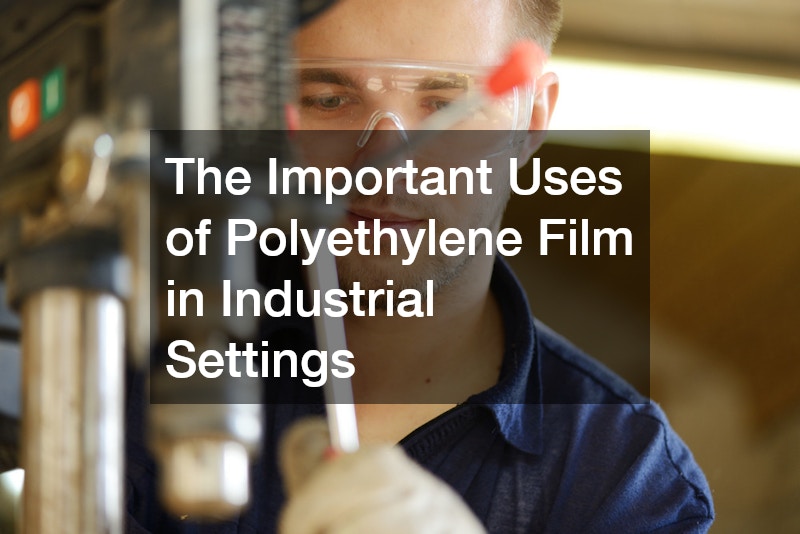Disclaimer: Concordia Research. This site provides general content for informational purposes only.
Polyethylene Film is a versatile material extensively used in various industrial applications. Its flexibility, durability, and cost-effectiveness make it a popular choice for businesses looking to enhance their production processes.
As one of the most widely produced plastics, its applications range from packaging to agricultural uses.
The significance of Polyethylene Film stems from its ability to be produced in multiple forms, such as sheets or rolls, tailored to specific industrial needs. This adaptability makes it an essential component in maintaining product integrity and extending shelf life. Industries consistently rely on this material to offer lightweight yet robust solutions.
Another advantage of Polyethylene Film is its innate water and chemical resistance, making it suitable for environments exposed to various elements. This property ensures longevity and reliability, critical in industries like agriculture and pharmaceuticals. Its capacity to withstand abrasion and wear is another reason it is favored across numerous sectors.
Polyethylene Film in Packaging
One of the most common uses of Polyethylene Film is in the packaging industry, where it serves as a protective barrier. It is often employed in food packaging to help preserve freshness and prevent contamination. Due to its transparency and strength, businesses use it to showcase and protect their products simultaneously.
Advanced Industrial Applications
In addition to packaging, Polyethylene Film has advanced uses in sophisticated industrial applications such as construction and agriculture. In construction, it functions as a vapor barrier, preventing moisture from compromising building structures. This application underscores its importance in prolonging the lifespan and safety of construction projects.
.




